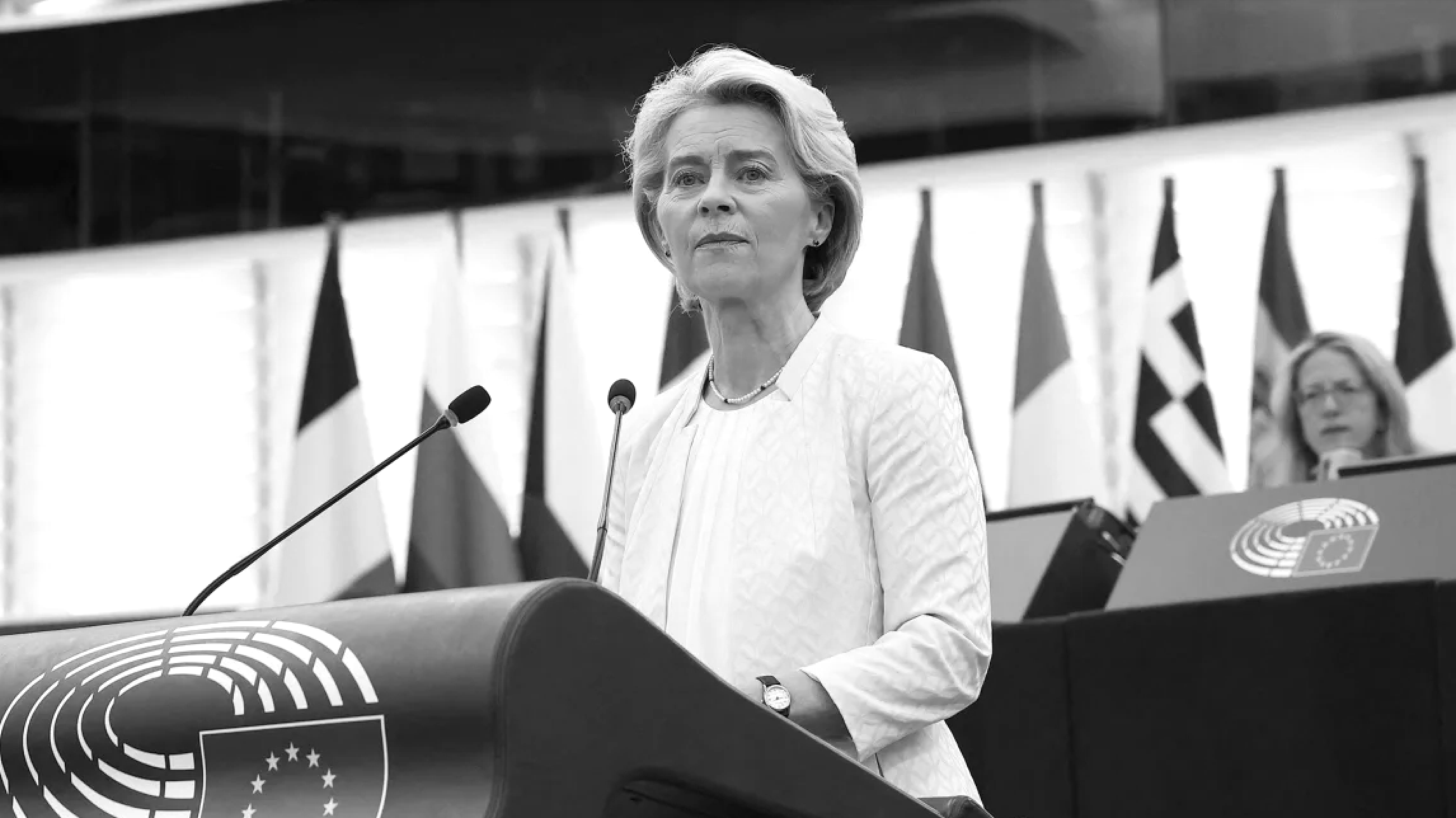
Ursula von der Leyen, President of the European Commission, has positioned the European Union as a global leader in ocean conservation by firmly opposing deep-sea mining.
Her administration has upheld a precautionary stance, emphasizing the need for comprehensive scientific understanding before considering the exploitation of seabed mineral resources.
Born on October 8, 1958, in Brussels, Belgium, von der Leyen is the daughter of German politician Ernst Albrecht, a former European Commission official.
She pursued economics at the University of Göttingen, the University of Münster, and the London School of Economics before earning a medical degree from Hanover Medical School in 1987.
After working as an assistant physician and spending time in the United States, she entered politics, joining the Christian Democratic Union (CDU) in 1990.
Von der Leyen held various ministerial positions in Germany, including Minister of Family Affairs, Senior Citizens, Women and Youth; Minister of Labour and Social Affairs; and notably, Germany's first female Minister of Defence from 2013 to 2019.
In December 2019, she became the first woman to serve as President of the European Commission. Under von der Leyen's leadership, the European Commission has consistently advocated for a moratorium on deep-sea mining.
In response to a 2024 report by former Italian Prime Minister Mario Draghi, which suggested exploring deep-sea mining to enhance EU competitiveness, the Commission reaffirmed its opposition. A representative stated that the EU remains committed to prohibiting deep-sea mining until scientific uncertainties are addressed and environmental safety can be guaranteed.
Von der Leyen's stance aligns with the EU's broader environmental objectives, including the European Green Deal, which aims for climate neutrality by 2050.
Her administration has emphasized the importance of protecting marine biodiversity and has supported initiatives calling for a global moratorium on deep-sea mining until its impacts are fully understood.
As von der Leyen embarks on her second term, her commitment to ocean conservation and cautious approach to deep-sea mining will continue to influence the EU's environmental policies and its role in global discussions on sustainable resource management.



